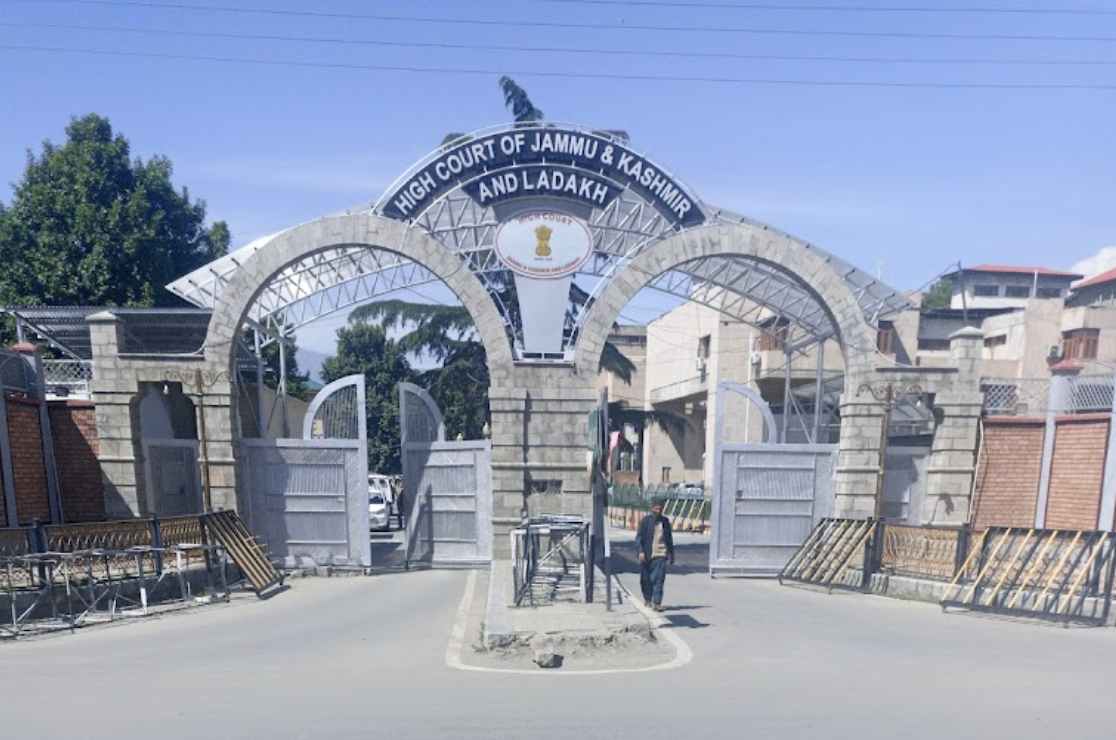The High Court of Jammu & Kashmir and Ladakh has asserted that the law does not permit any discrimination between foreign nationals and Indian citizens regarding the granting of bail.
This decision was made in the case of Shagufta Bano vs. UT of J&K, where the petitioner, a foreign woman accused of serious offenses, sought relief from the court.
Justice Sindhu Sharma, presiding over the Srinagar Bench of the High Court, clarified that while the court has the authority to impose certain conditions to ensure that the accused is available for trial, it cannot deny bail solely based on the nationality of the accused.
Also Read: Supreme Court Dismisses Petition Against Anti-Defection Law, Reinforces Tenth Schedule
“It is well settled that the law does not authorize or permit any discrimination between a foreign national and an Indian national in the matter of granting bail. The same has to be considered on the facts and circumstances of each case,” Justice Sharma stated.
The case arose when Shagufta Bano, originally from Myanmar, was apprehended under serious charges including human trafficking and sexual exploitation.
She had been living in Kashmir’s Budgam district with her husband, Bashir Ahmed Wani, for 13 years without valid documentation.
The legal troubles began after a police investigation revealed the presence of non-local women at their residence, leading to her arrest under Section 370 of the Indian Penal Code (IPC) and sections of the Foreigners Act, 1946.
Initially, Bano was granted interim bail by a Judicial Magistrate, which was later made absolute.
However, this decision faced a setback when an additional sessions judge at Budgam rejected the bail application of 14 co-accused individuals and, in a sua sponte move, revoked Bano’s bail without prior notice, citing the gravity of the accusations against her.
Feeling wronged by the additional sessions judge’s decision, Bano’s legal team appealed to the High Court. Her counsel argued that the cancellation of bail was unjustified as it was executed without proper legal procedure, including a lack of prior notice.
In response to the arguments presented, the High Court emphasized that while a court has the power to revoke bail under certain circumstances, there must be compelling reasons for doing so.
“Once a Court grants bail to someone, it can take it back under certain circumstances, but to do so, there must be strong and compelling reasons for the same,” the court noted.
Furthermore, the High Court reiterated that an accused cannot be subjected to different treatment solely based on their status as a foreign national.
This ruling underscores the legal principle of equality before the law, reinforcing that all individuals, irrespective of nationality, are entitled to the same legal rights.
Also Read: Amul Wins Interim Injunction in Trademark Case Against Italian Brand ‘Amuleti’
The High Court ultimately ruled in favor of Shagufta Bano, allowing her plea and setting aside the order of the trial court that had canceled her bail.
This ruling marks a significant step towards ensuring that bail rights for foreign nationals are upheld within the Indian legal framework, promoting fairness and justice for all.
The case was represented by Advocates Majid Bashir and Tawfiq Hussain Khawaja for the petitioner, while Government Advocate Faheem Shah represented the Union Territory of Jammu & Kashmir.
The decision not only addresses the immediate concerns of the petitioner but also sets a precedent for future cases involving foreign nationals in India.
Parties Involved:
- Petitioner: Shagufta Bano
- Respondent: Union Territory of Jammu & Kashmir
- Bench: Justice Sindhu Sharma















